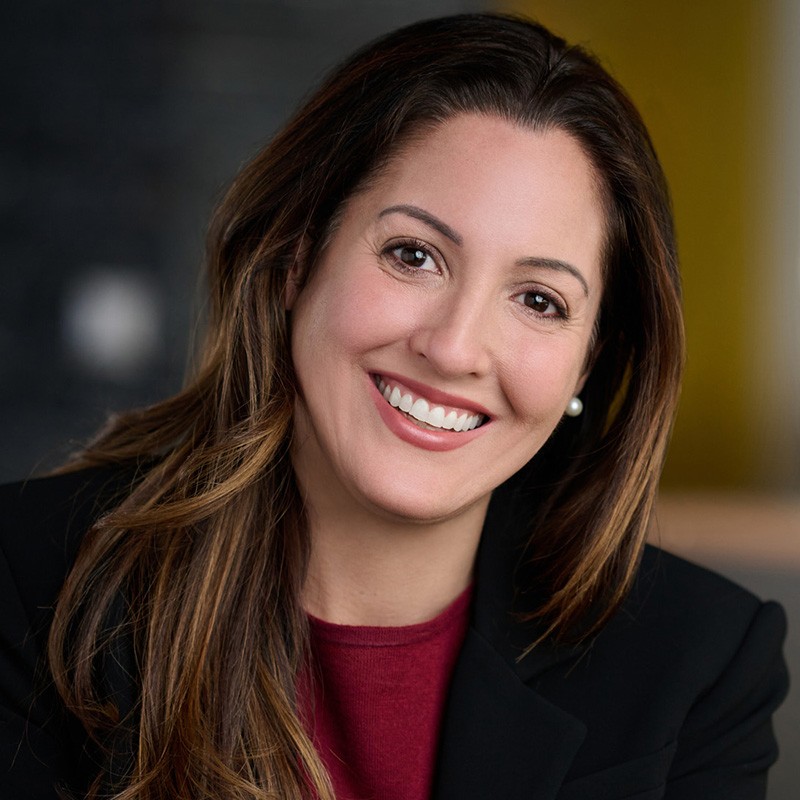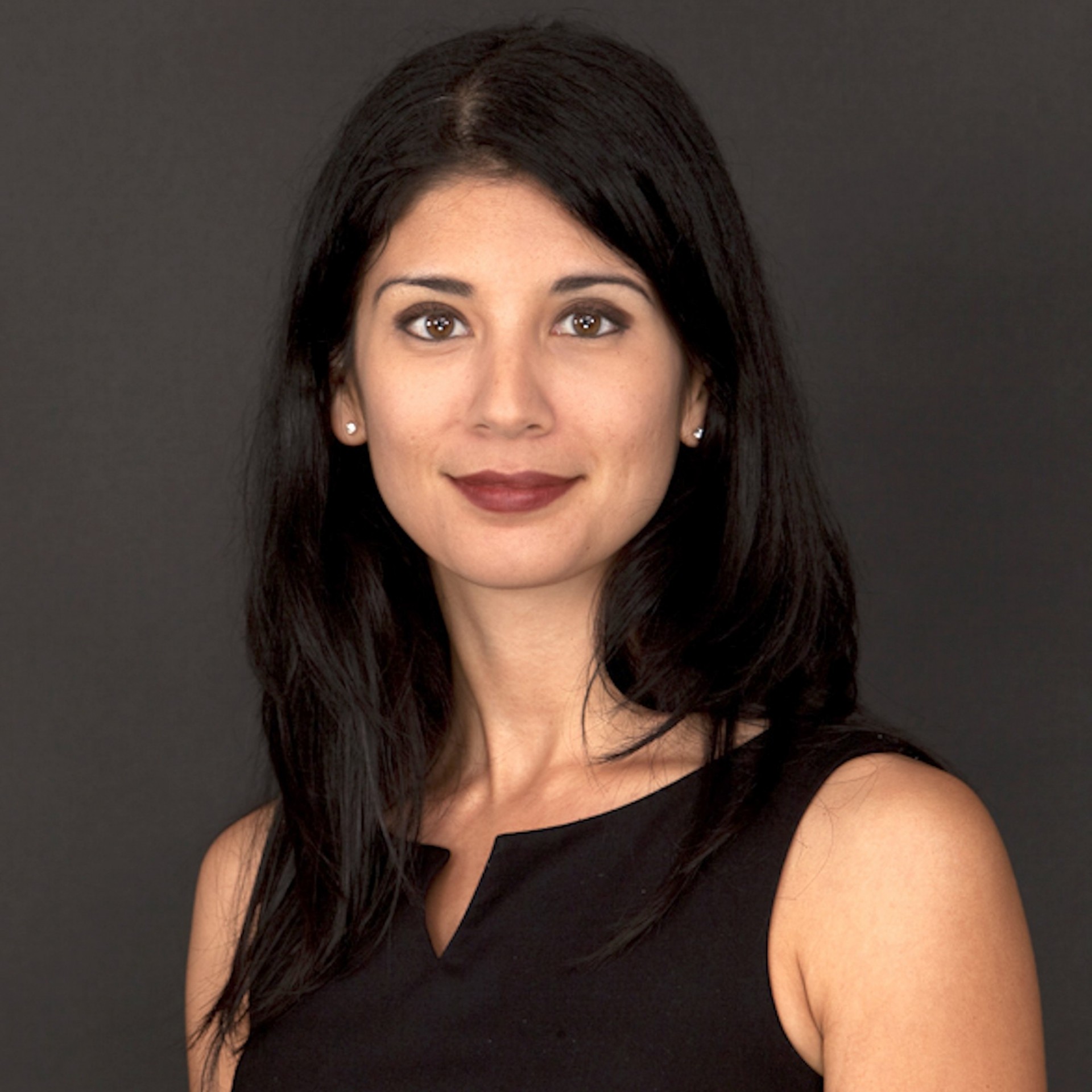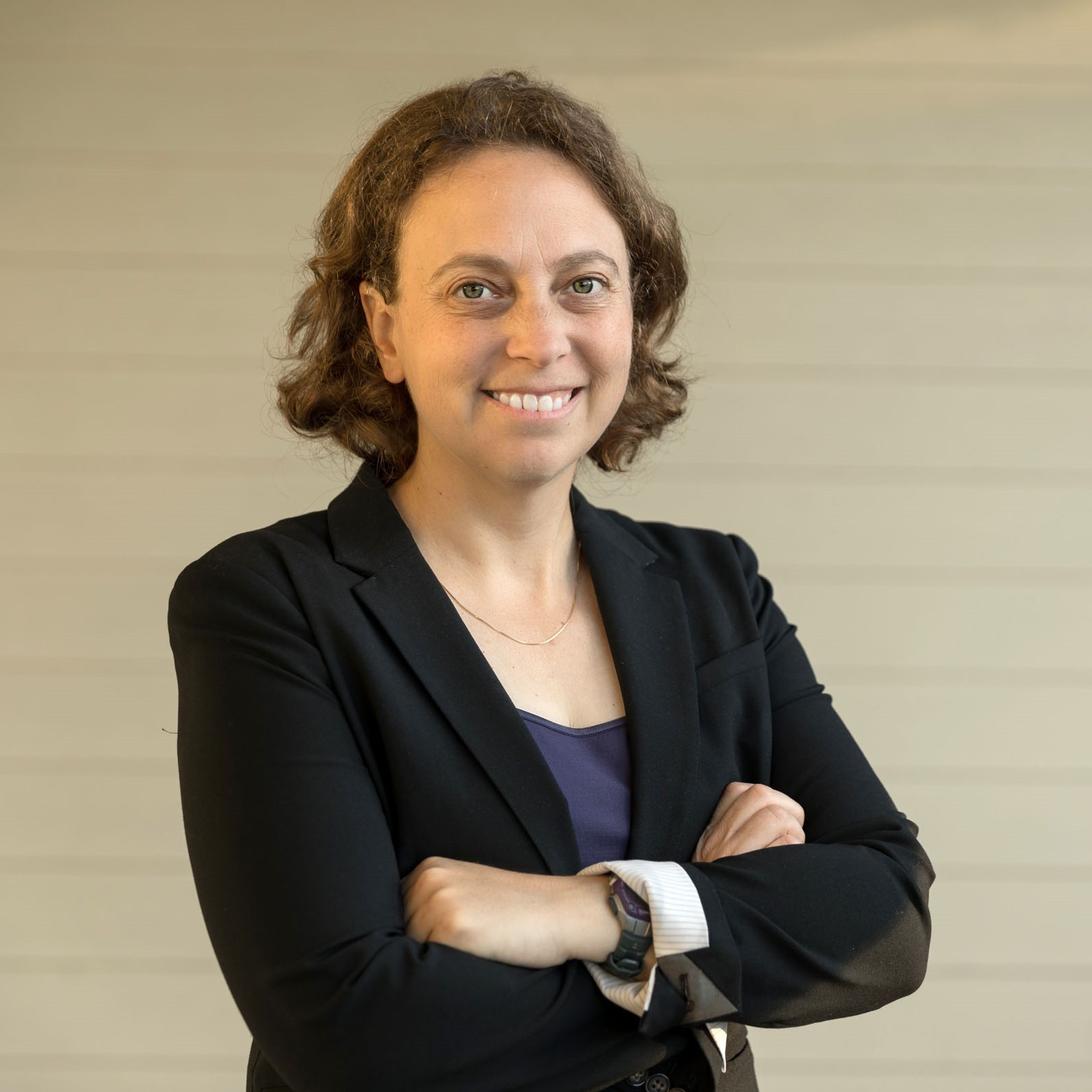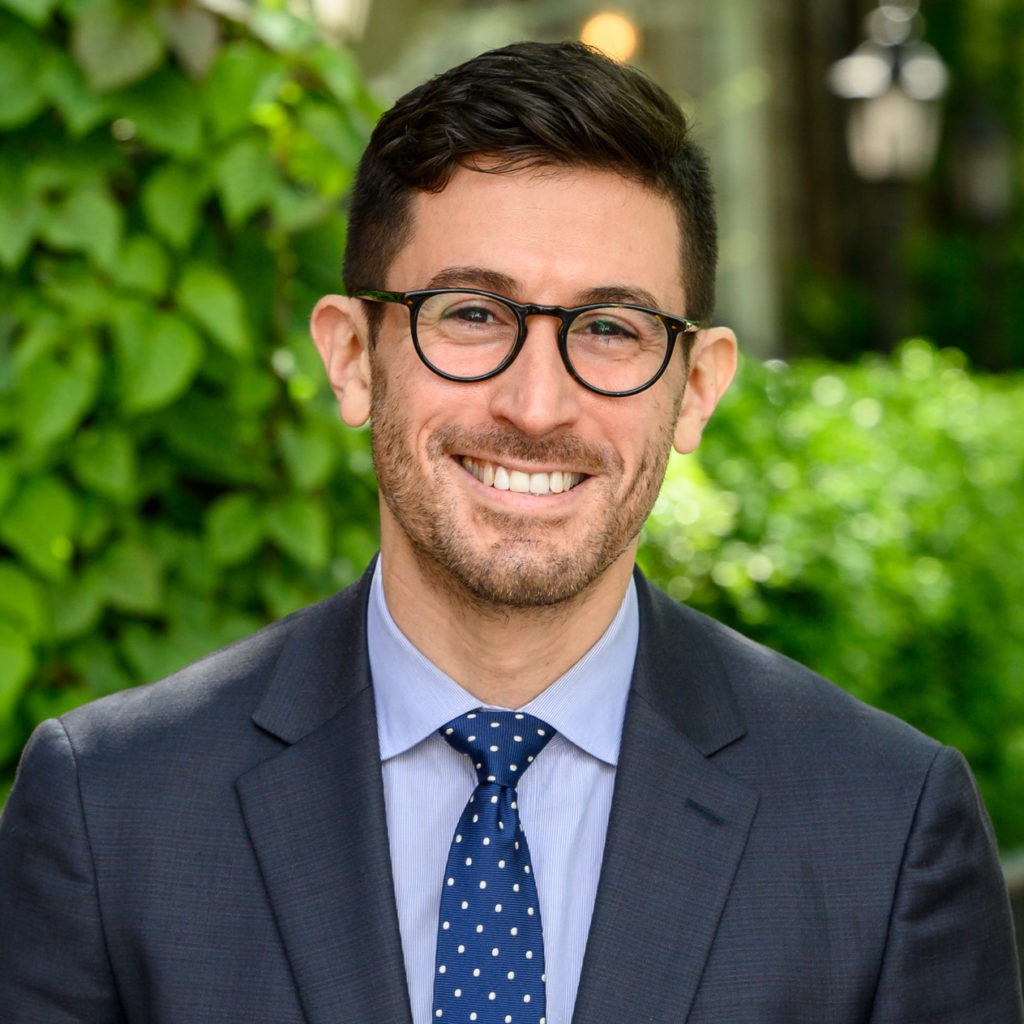Kernochan Center Spring 2022 Newsletter
SPRING IP SERIES BEGINS
Jonathan Band and Danielle Coffey: Press Publishers' Rights


The Kernochan Center's Spring IP Speaker Series began on February 1st, with speakers Jonathan Band and Danielle Coffey, who spoke on press publishers’ rights. Coffey, the Executive Vice President and General Counsel for the News Media Alliance, began by outlining the difficult financial straits in which news publishers currently find themselves. News publishers today rely on a handful of major platforms, such as Google, Apple, and Facebook, to bring their work to a general readership. These platforms derive profit from the news they share by collecting advertising revenue and by selling reader data. They refuse to allow the news publishers the rights to bargain with advertisers or data collectors for a share of revenue. If the publishers do not agree to the terms the platform offers, which are typically low to negligible and often include waiving any intellectual property rights to reported news and articles, they lose access to the audience provided by the platforms. Coffey mentioned steps taken to combat the slow financial collapse of the news industry in Australia and in France, highlighting the issue as one of competition and monopoly. Coffey suggested one remedy might be the passage of the Journalism and Competition Protection Act (JCPA), which would allow news providers to bargain together as a unit for a share of advertising revenue.
Band, of Jonathan Band PLLC, countered with possible alternate explanations for the financial difficulties of news outlets and the decline of newsrooms, including buyouts by hedge funds, and the general loss of revenue from classified sections. Band argued that the publishers' choice to participate in the news presentation methods of Google, Facebook, and other platforms was consensual, and that their declining to encode search-bot-excluding code on their sites is implicit consent for their work to be carried on search engines such as Google. In his opinion, the JCPA would simply form a competing cartel. Furthermore, he asked, couldn't the agreements facilitated by the JCPA be undercut by independent news sources providing their headlines to the platforms at more favorable rates? Band voiced the opinion that there was no obvious good solution to the financial woes of the journalism industry, but proposed that a general subsidy, perhaps drawn from a surcharge on the major platforms, might help restore a better balance.
Mary Anne Franks and Cathy Gellis: Reform of §230 of the Communications Decency Act


The series continued on February 8 with a discussion of §230 of the Communications Decency Act. Cathy Gellis, Esq. took the position that, despite its possible shortcomings, §230 was serving its purpose, ensuring that the public can find “the most good and the least bad” content on the internet while protecting platforms against expensive litigation. She noted her concern is that without §230, platforms will self-censor and, concerned about potential litigation, err on the side of over-censoring their sites. Professor Mary Anne Franks of the University of Miami School of Law disagreed with Gellis’s assertion that the internet needed no heightened policing. She noted that internet service providers (ISPs) are held to a lower standard than the general public, saying that if someone knows of harassment in the workplace, they have a duty to report it, but ISPs are under no obligation to do anything about harassment on the websites they host. Gellis expressed concern that free speech would be stifled if Congress strengthened §230. She also argued that ISPs should not be liable for the material they host, likening it to blaming a store for illicit activities that go on in their parking lot. Countering Gellis’s concerns. Franks argued that if people feel their First Amendment rights have been infringed, they are free to take the other party to court.
Pascale Gelly and Ari Waldman: Personal Data Privacy


On February 15, Pascale Gelly, the Group Data Protection Officer of Schneider Electric, and Ari Waldman, Professor of Law and Computer Science at Northeastern University School of Law spoke on the subject of personal data privacy.
Professor Waldman argued that the protection of private data is a human right, and that the current set of laws regarding personal data privacy, in both the US and the UK, has been written in large part by the very entities from whom individuals need protection. Because the responsible parties involved in the process of removing individual data from online sources often do not move quickly, much personal data remains available to the industries which profit from the harvesting and sale of such data. Furthermore, in many cases, consent notices are drafted in such a way as to allow one individual to give up the private data of many others, as in the submission of DNA to an ancestry site, which inadvertently gives up data for all relatives. Responsibility for the maintenance of privacy, Waldman suggested, is not individual but collective, and individual notice-and-consent forms have no meaningful value.
Ms. Gelly suggested that Prof. Waldman was pessimistic. Speaking as a privacy professional, she said she had seen progress over the years. In her opinion, the General Data Privacy Regulation (GDPR), the EU regulation on which she focused her talk, points the way to a robust privacy protection framework. The GDPR, she said, highlights the proper role of technology in serving mankind and the greater good, rather than only promoting business interests. It gives strong powers to investigators and privacy officers, including sanction powers, and gives power not only to individual action but to collective actions carried out by people whose data is at risk. In the absence of a data protection authority, individual claims cannot be advanced, but with a working authority in place, a significant number of people do pursue claims regarding their personal data, according to Ms. Gelly.
MANGES LECTURE ANNOUNCED
On April 4 at 6:30 pm, Judge M. Margaret McKeowan of the 9th Circuit Court of Appeals will present the 34th Manges Lecture "live" at the Law School. It is entitled , "Art, Music, and Mash-ups— A view from the bench on creativity and copyright."
Seating will be limited due to Covid protocols in place at Columbia. RSVP will be required, as well as proof of vaccination and booster. We will be sending out a formal invitation shortly.
KERNOCHAN SYMPOSIUM VIDEO AVAILABLE
The Kernochan Center's Fall Symposium, "NFTs: Future or Fad?" continues to draw attention and interest. The video is available to the public on YouTube.
